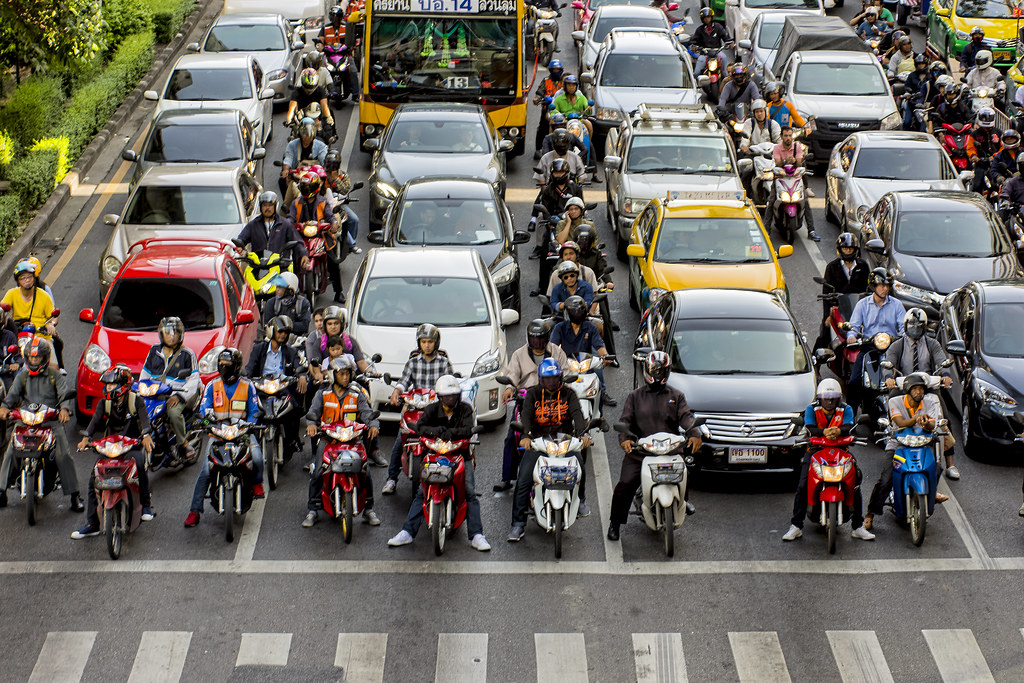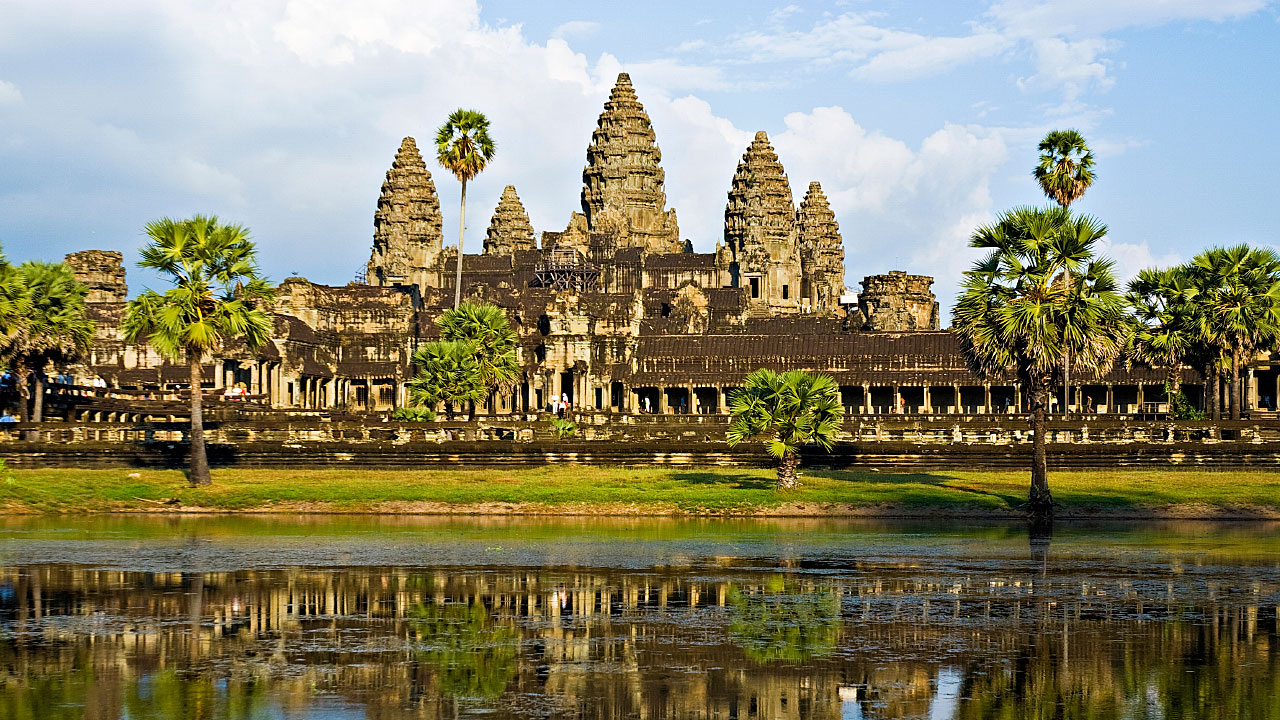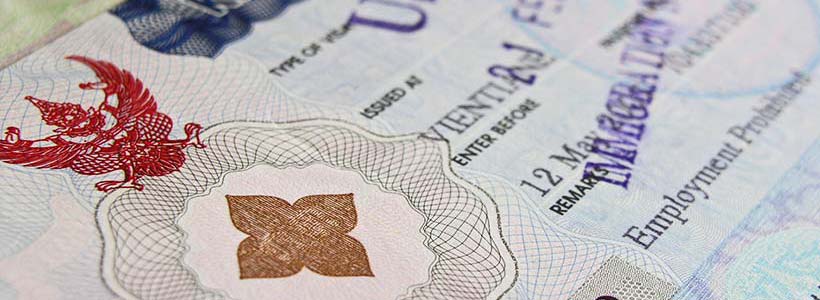What to do in case of snake bite in Thailand?
Thailand has more than 200 species of snakes, it is not impossible that you come in contact with a snake at one time or another during your stay in the Kingdom of Siam. While most snakes are harmless, there are poisonous snakes whose bite can be fatal if the treatment comes too late. Find out what you need to do to avoid snakes and what to do if one of them bites you.
With more than 200 species of snakes in Thailand, you may be bought to meet one of you live there. Although snakes are more abundant in rural areas, the Bangkok Fire Department received more than 30,000 calls last year from people needing help to hunt snakes.
A bite of a poisonous snake can be deadly, so, it is very helpful to know how to avoid snakes and what to do in case of a bite. And this is especially true for parents, as children and more likely to be bitten because they spend more time outdoors. In addition, the smaller size of a child can make the bite of a snake more dangerous.
How to avoid snake bites?
Most snakes are safe and tend to stay away from people. Nevertheless, there are several poisonous snakes that have been found in Southeast Asia and that you should avoid:
 The Cobra: You will rarely find a Cobra in the itinerant streets of a city because they prefer rural life, agricultural areas or the jungle. Cobras are easy to recognize by the kind of “bonnet” they deploy when they are preparing to hit.
The Cobra: You will rarely find a Cobra in the itinerant streets of a city because they prefer rural life, agricultural areas or the jungle. Cobras are easy to recognize by the kind of “bonnet” they deploy when they are preparing to hit.
 The Bungarus: These snakes are generally close to coastal areas and forests, but can sometimes be spotted in more populated areas. The Bungarus are recognizable by their stripes which are either yellow and black, or black and white.
The Bungarus: These snakes are generally close to coastal areas and forests, but can sometimes be spotted in more populated areas. The Bungarus are recognizable by their stripes which are either yellow and black, or black and white.
 Viper: Vipers tend to live near farms and forests. They are more active at night, so be sure to have a flashlight if you are in a potentially dangerous area. These snakes are known to defend their territory rather than retreat, which increases the chances of being bitten.
Viper: Vipers tend to live near farms and forests. They are more active at night, so be sure to have a flashlight if you are in a potentially dangerous area. These snakes are known to defend their territory rather than retreat, which increases the chances of being bitten.
Snakes tend to stay hidden from view, so, they are difficult to spot. The areas with long grass should be avoided; and if you have to go through it, think of using a branch or a stick to hit the ground in front of you, to foresee the possible snakes of your presence so that they go away. If you plan to hike in an area known for snakes, be sure to wear long boots and pants to protect yourself from snakes hidden under the rocks. Always be aware of where you walk, and if you come in contact with a snake, do not approach it, do not do anything to provoke it.
In case of snake bite:
According to the World Health Organization (WHO), traditional methods of first aid are not recommended because they tend to do more harm than good.
Bitten? Follow these steps:
- Call the emergency line in Thailand for an ambulance, call 1669.
- Be aware that swelling or discolouration in and around the area of the bite probably indicates that the snake was venomous.
- Keep the victim calm. Restrict the movement of the victim and keep the affected area lower than the cardiac level.
- Remove rings and other accessories or tight clothing.
- Monitor the victim’s pulse and breathing and look for pallor or signs of shock.
- Take note of all the features that can help identify the type of snake, as this will help the medical staff determine the appropriate antidote.
- AVOID direct contact with the wound.
What to expect at the hospital:
One of the priorities of the medical staff is to determine the species of snake and if it is venomous, to ensure that proper anti-venom is administered. In the case of a venomous bite, if the doctor thinks that the antivenom is necessary, a prescription is given for the hospital of the region which stores the antivenoms. The Chulalongkorn University operates a snake farm and serves as a leading provider of anti-venom for hospitals in the Bangkok area, including the Bumrungrad International Hospital.
If you have been bitten in Bangkok: in case you or someone you know suffers from a snake bite in Bangkok, go immediately to the King Chulalongkorn Memorial Hospital located in Ratchadamri Road, opposite Lumpini Park. If this is not an option, contact Emergency Services at Bumrungrad International Hospital on +66 (0) 2011 5222 for help with emergency treatment or evacuation.
















